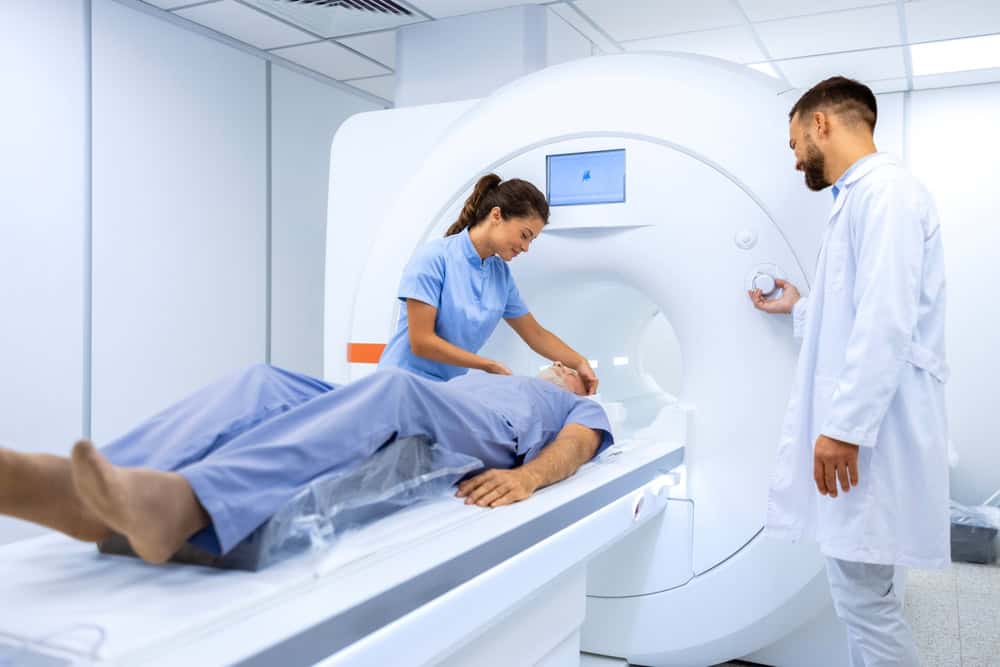Summary:
Foundational Lifestyle Approaches to Ease Pain
Effective arthritis management often begins with intuitive adjustments. Regular, low-impact exercise—like walking, swimming at a local pool, or cycling—helps maintain joint flexibility, strengthens supporting muscles, and can reduce stiffness associated with musculoskeletal pain. Weight management is also a major change, particularly for arthritis affecting weight-bearing joints like the hips and knees, as losing excess weight reduces stress on these joints. Additionally, some individuals find that adopting an anti-inflammatory diet helps manage symptoms.
Medications Available for Arthritis Pain Relief
Medications have a significant role in providing pain relief and managing inflammation for many arthritis sufferers. Over-the-counter options like acetaminophen can help with mild to moderate pain, while nonsteroidal anti-inflammatory drugs (NSAIDs), such as ibuprofen or naproxen, address both pain and inflammation. Prescription-strength NSAIDs may be necessary for more challenging symptoms. Topical creams and gels containing analgesics or anti-inflammatories can also provide localized relief. For certain types of inflammatory arthritis or severe chronic pain, specialists might prescribe disease-modifying antirheumatic drugs (DMARDs) or biologic agents as a pain treatment plan.
The Crucial Role of Physical and Occupational Therapy
Therapy is a cornerstone of managing arthritis and its effects. Physical therapy focuses on improving strength, range of motion, and flexibility in and around the affected joints through targeted exercises. This can significantly improve function and reduce joint pain. Occupational therapy helps patients learn new ways to perform daily activities—from dressing and cooking to navigating the NYC transit system—with less stress on their joints, often incorporating assistive devices or joint protection techniques to maintain independence.
Want live answers?
Connect with a NY Spine Medicine expert for fast, friendly support.
Considering Interventional Pain Management Options
When conservative measures aren’t enough, interventional pain treatment techniques offered by specialists can provide targeted pain relief. These procedures aim to reduce pain and inflammation at the source. Common options for arthritis include joint injections, such as corticosteroid injections to decrease inflammation or hyaluronic acid injections (viscosupplementation), primarily used for knee osteoarthritis to improve lubrication. For certain types of arthritis-related pain, particularly involving back pain, neck pain, or associated nerve pain (like sciatica), procedures like nerve blocks or radiofrequency ablation might be considered.
How Interventional Techniques Provide Relief
These interventional procedures work in specific ways. Corticosteroid injections deliver a potent anti-inflammatory medication directly into the painful joint, reducing swelling and irritation. Hyaluronic acid injections aim to supplement the natural lubricating fluid within the knee joint, potentially easing pain and improving mobility. Nerve blocks involve injecting anesthetic near specific nerves to interrupt pain signals, which can help diagnose the pain source and provide temporary relief. These procedures are performed by pain management specialists after a thorough evaluation to determine if they are appropriate for managing different types of joint pain or related neuropathic pain from arthritis.
Exploring Complementary Approaches for Symptom Control
Some individuals find complementary therapies helpful when used alongside conventional pain treatment for arthritis. Techniques like acupuncture, massage therapy, or mindfulness practices may help manage chronic pain symptoms and improve well-being for some patients. If arthritis affects the neck or spine, related tension might contribute to hassle or migraine, where therapies like massage could offer additional comfort. It’s always important to discuss any complementary therapies with your doctor to make sure they are safe and appropriate for your condition.
Finding Your Personalized Arthritis Management Plan in NYC
Ultimately, combining lifestyle strategies, appropriate medications, physical therapy, and interventional procedures for your specific type of arthritis and symptoms offers the best chance for sustained pain relief and wellness. Working closely with healthcare providers and specialists available throughout New York City is what it takes to get you the optimal pain treatment plan for managing chronic pain and living with arthritis. NY Spine Medicine empowers individuals in their care. Reach out to discuss your arthritis symptoms.





